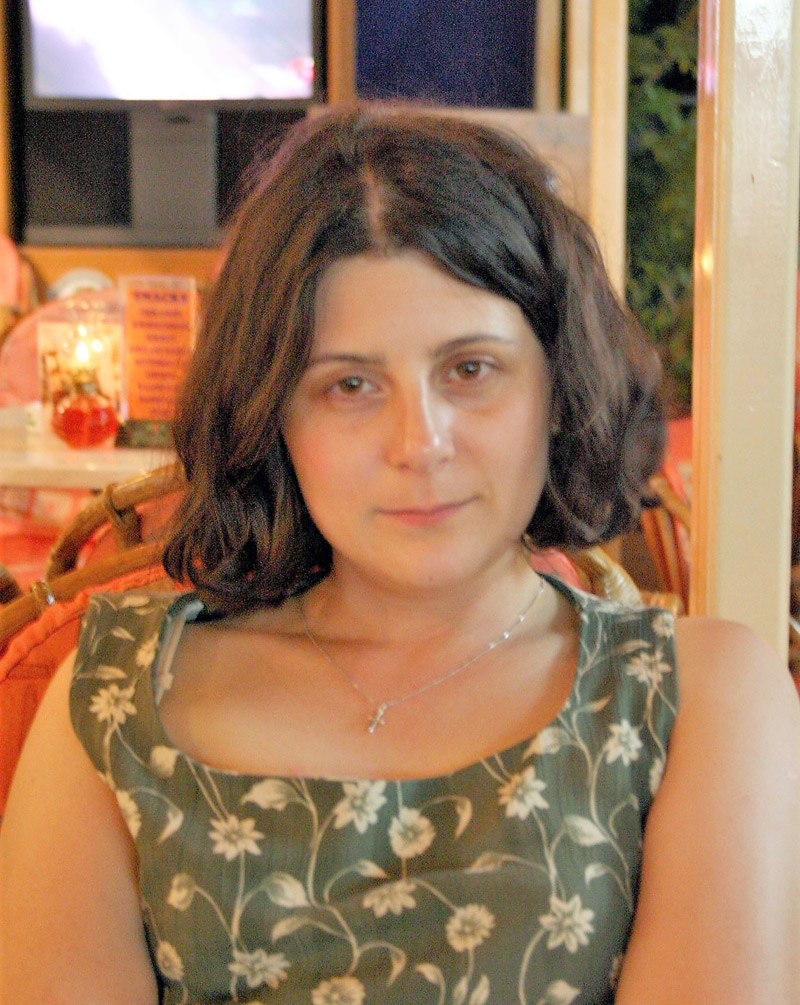Monika Grzesiak-Feldman (1976-2016)
02.02.2017, by Sibylle Classen in announcement
Obituary by Małgorzata Styśko-Kunkowska

It is with great sadness that we let you know that our colleague Monika Grzesiak-Feldman passed away on October 8, 2016 at the age of 39 years; a month before her birthday. Her life was broken by an incurable rapidly growing illness, after 1.5 years of difficult fight.
Monika Grzesiak-Feldman received her MA diploma and Ph.D. at the Faculty of Psychology at University of Warsaw. Then she became an Assistant Professor of Psychology at the same faculty. She was a member of EASP and a regular participant of General Meetings.
Her scientific interests were focused on conspiracy theorizing and conspiracy stereotypes of minority groups, particularly on the role of anxiety and authoritarianism as key antecedents of conspiracy beliefs. She published papers on this topic both in English and Polish. In 2015, she published a chapter on the role of authoritarianism in adoption of conspiracy theories in the book “The psychology of conspiracy”. In 2016, her book “Psychologia myślenia spiskowego” (Psychology of conspiracy thinking) was published a few days before she passed away. In this book, she was trying to find out whether people have personal predispositions to conspiracy theorizing, and how the conspiracy theorizing may influence people beliefs and actions considering existing political and social issues. For instance, she examined the role of beliefs regarding the relationship between vaccinations and autism. This book was a summary of theory and many years of her research on determinants and outcomes of conspiracy beliefs - first summary in this field in Poland, and probably in Europe.
Monika was a talented psychologist. She was able to implement psychological skills in the real life situations successfully: she was warm, attentive and perfect listener, careful observer of reality. She was appreciated for persistence, conscientiousness and sensitiveness.
She was thorough scientist and well-respected lecturer, trainer, tutor and supervisor of MA thesis.
Monika helped others in developing psychosocial and interpersonal skills as a trainer of psychoeducational workshops and trainings. She also helped others to be better trainers by publishing theoretical and empirical papers on psychoeducational workshops – on conceptualization of this type of group work, connecting group and educational processes in a training work, and short-and long term effectiveness of psychoeducational workshops.
Monika was a great friend, always having time and attention to listen, and some supporting words to help. She was a wise and good mother of two daughters in the age of primary school.
We miss her a lot.